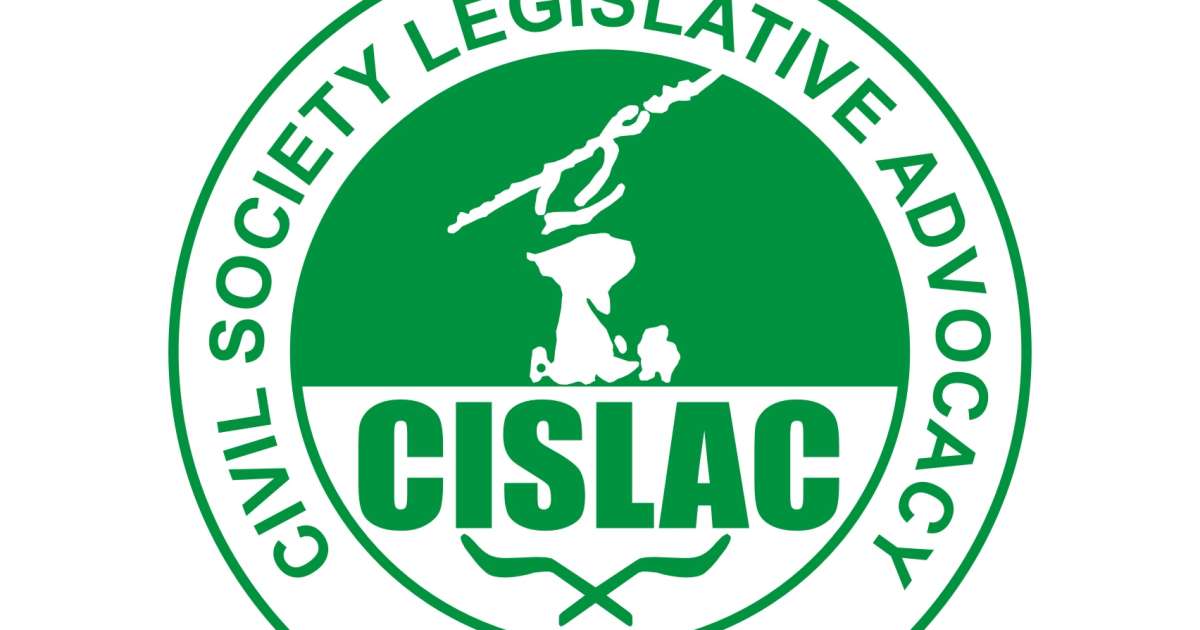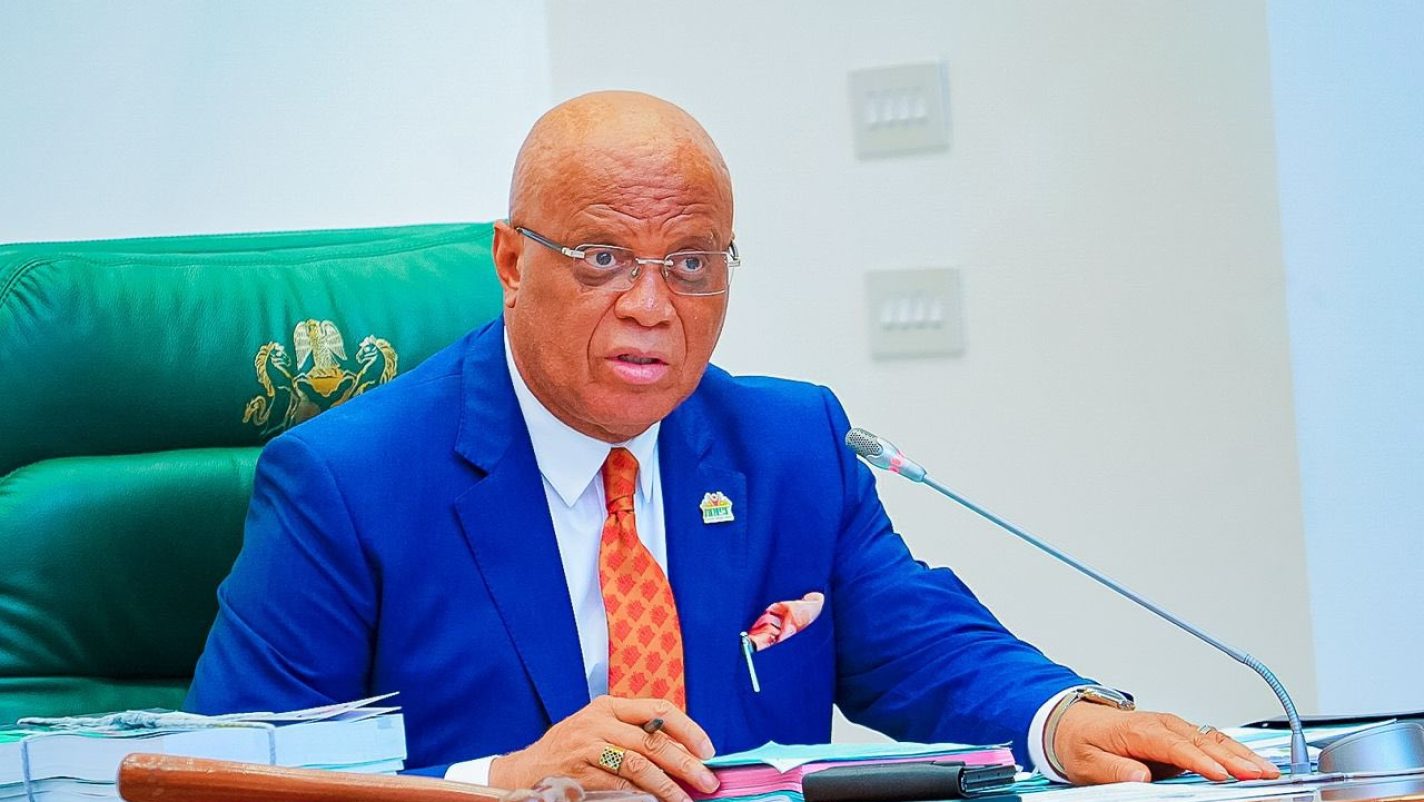Diverse Assessments Mark President Tinubu's Two Years in Office

President Bola Ahmed Tinubu’s administration marked its second anniversary on May 29, 2025, a period characterized by the ambitious 'Renewed Hope Agenda' aimed at transformative change in Nigeria. However, these two years have been met with a spectrum of assessments, ranging from commendations for courageous leadership and foundational reforms to severe criticism regarding the tangible impact on citizens' lives and the escalating security and humanitarian crises.
Economic Landscape: Reforms and Realities
A cornerstone of President Tinubu's first two years has been a series of bold economic reforms, most notably the removal of fuel subsidies and the unification of exchange rates. Supporters, including the All Progressives Congress (APC) and Senate President Godswill Akpabio, argue these measures were crucial to rescue a teetering economy and address generational problems. They point to achievements such as increased Federation Account Allocation Committee (FAAC) inflows for states, a rebound in domestic crude refining with facilities like Dangote Refinery and Port Harcourt contributing to supply, and claims of stabilizing food inflation. The administration also highlights restored investor confidence, evidenced by an oversubscribed Eurobond issuance in late 2024, an upgrade in Fitch Ratings' outlook for Nigeria from Negative to Stable, and a reported N138 trillion in total trade volume in 2024, with a trade surplus of N18.86 trillion. Foreign reserves are said to have risen from $3.99 billion in 2023 to $23.11 billion, alongside over $50 billion in attracted foreign direct investments. The APC also noted timely upward reviews of workers' pay, approval of a N70,000 minimum wage, increased corps members' allowance to N77,000, the introduction of the Nigerian Education Loan Fund (NELFUND), and over 900,000 beneficiaries of a Presidential Loan and Grant scheme.
However, civil society organizations like the Civil Society Legislative Advocacy Centre (CISLAC) and ActionAid Nigeria (AAN) present a contrasting view. While acknowledging praise from international financial institutions for the reforms, they emphasize the severe hardships faced by ordinary Nigerians. These include soaring inflation surpassing 33 percent, a doubling of food prices, stagnant real wages, exacerbated poverty, and a deepening crisis of survival. CISLAC’s mid-term report highlighted a dissonance between macroeconomic recovery indicators and everyday hardships, contributing to widening inequality and public discontent. AAN urged a shift from headline economic figures to tangible improvements in people's lives and questioned the reconciliation of national debt payments with continued accumulation of multi-million-dollar loans.
Security Situation: Progress Amidst Pervasive Threats
The security situation under President Tinubu's administration has also elicited divergent evaluations. The government and its supporters claim significant strides in combating insecurity. The APC spokesperson, Felix Morka, stated that about 13,543 terrorists had been neutralized, nearly 10,000 hostages rescued, and nearly 18,000 bandits arrested. Senate President Akpabio lauded the administration's security achievements as 'wholesome and commendable,' asserting that the Nigerian Armed Forces have taken the fight to insurgents. Minister of Interior Olubunmi Tunji-Ojo’s efforts through the Nigeria Security and Civil Defence Corps (NSCDC) reportedly led to the dismantling of over 1,000 illegal refineries and 200 oil bunkering sites, with over 345 convictions. Enhanced border surveillance, now reportedly covering over 60% of Nigeria’s land border, was also cited as an achievement.
Conversely, Amnesty International released a damning report indicating a failure to stem spiralling violence, with at least 10,217 people killed in attacks by armed groups since President Tinubu assumed office. Benue State reportedly suffered the heaviest toll with 6,896 deaths, followed by Plateau State with 2,630. In total, 672 villages were allegedly sacked in Benue, Plateau, and Zamfara states, displacing over 450,000 people. Amnesty International's findings painted a grim picture of communities wiped out, infrastructure destroyed, and a cycle of impunity fueled by the authorities' failure to hold perpetrators accountable. CISLAC also noted persistent violence in regions like Zamfara, Kaduna, Plateau, and parts of the South East, despite expanded defence budgets and new security outfits, underscoring the limited impact of military deployments unsupported by effective intelligence reform.
Governance, Ministerial Performance, and Institutional Integrity
The administration has showcased the performance of several key ministers. Barrister Nyesom Wike, Minister of the FCT, was praised for urban renewal, infrastructural development, and enhanced security in the capital. Hon. (Dr.) Olubunmi Tunji-Ojo, Minister of Interior, dubbed the 'Star Boy,' was lauded for transformative initiatives including passport system reform (clearing a backlog of over 204,000 passports and saving N800 million annually through a contactless renewal system), deployment of e-gates at airports, correctional system reforms (releasing over 4,000 inmates and increasing feeding allowances), retooling the Federal Fire Service, and overhauling the National Identity Management Commission (NIMC). Senator David Umahi, Minister of Works, was commended for his commitment to infrastructure renewal, including the reopening of the Third Mainland Bridge and leading on the Lagos-Calabar Coastal Highway project. Festus Keyamo, Minister of Aviation, was credited with stabilizing the aviation sector through safety revalidations and regulatory reforms.
Despite these acclaimed successes, criticisms regarding broader governance issues persist. CISLAC reported that while the Independent Corrupt Practices Commission (ICPC) monitored over 1,700 projects with some fund recoveries, the anti-corruption campaign is marred by selective enforcement, citing the failure to prosecute high-profile figures and the pattern of opposition politicians defecting to the ruling party allegedly to avoid prosecution. Both CISLAC and AAN criticized the administration’s appointment patterns for lacking inclusivity, with key positions allegedly filled with regional bias and sidelining women; AAN noted that only about 10% of ministers are women, far below the African Union’s 35% gender parity benchmark. Furthermore, CISLAC raised concerns about civil liberties, citing a heavy-handed response to dissent, crackdowns on protesters, and restrictions on peaceful assembly, signaling a troubling drift toward authoritarianism. On a positive legislative note, a Senate committee commended President Tinubu for approving the establishment of more federal universities.
Public Perception and Future Outlook
Two years into the tenure, public perception of the Tinubu administration is deeply divided. Supporters, like Senate President Akpabio, commend the president's 'visionary, courageous and transformative leadership,' citing endorsements for re-election in 2027 as evidence of verifiable performance. The APC spokesperson characterized the administration's progress with a 'crawling child' analogy, suggesting that foundational work is underway. The administration's narrative, as articulated by analyst Olufemi, suggests Nigeria is 'recalibrating for greatness' and the 'Renewed Hope Agenda is a reality in motion.'
However, critical voices from organizations like CISLAC and AAN contend that the government's listed achievements are 'not a reflection of the reality as it affects the citizens.' They urge a renewed commitment to governance that prioritizes the needs and voices of ordinary Nigerians and focuses on tangible improvements in their daily lives. Amnesty International called on the government to match its promises with concrete action to protect lives and provide justice. CISLAC warned that the next two years present a critical window for Nigeria to recalibrate its governance trajectory, emphasizing that only through strengthened democratic institutions, transparency, and inclusion can the administration restore public trust and deliver on its promises.








